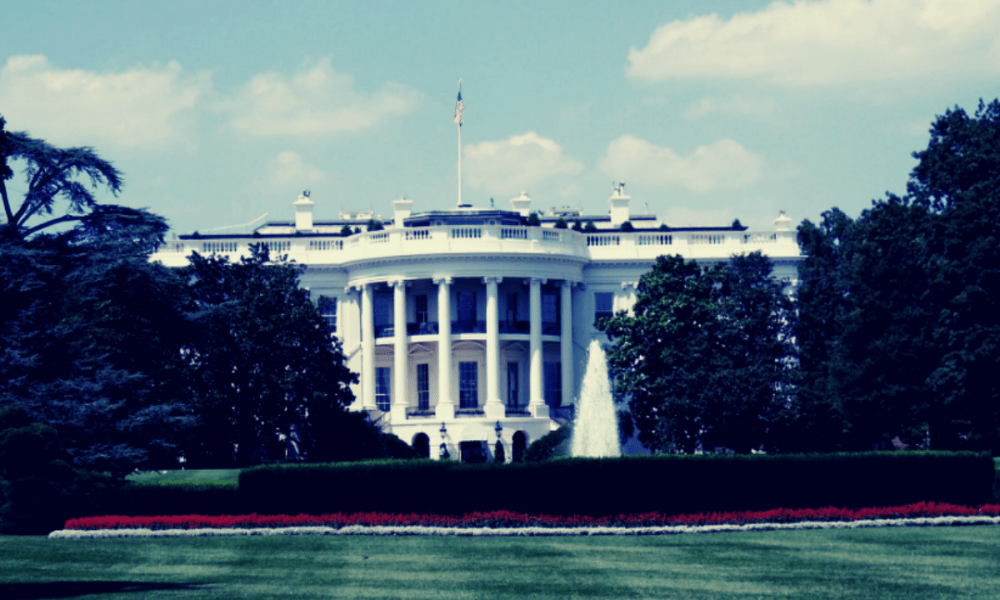Table of Contents
Treasury plans tax relief for stakers
On April 28, the FDP parliamentary group in the Bundestag invited to its first blockchain roundtable. The liberally run Federal Ministry of Finance (BMF) announced the cancellation of the ten-year extension of the holding period for cryptocurrencies used for staking and lending. If BTC and Co. previously had to be held for ten years after staking for tax-free sale, this will be possible after one year in the future. The BMF will soon formulate a corresponding guideline in a letter. The document is also interesting because it contains clear definitions for a number of basic crypto terms – a first for the German legal landscape. Participants in the roundtable also assured that the authority under Finance Minister Christian Lindner (FDP) is planning further adjustments to the crypto rules. In addition to FDP politicians, there was also a squad of crypto and blockchain experts at the meeting.
Central African Republic makes BTC a means of payment
If the regulatory stone is slowly rolling in Germany, it has reached the foot of the mountain in the Central African Republic. Then according to Reuters President Faustin Archange Touadéra announced on April 27 that BTC will be an officially recognized means of payment in his country in the future. The national assembly of the crisis-ridden state had previously unanimously passed a bill to regulate cryptocurrencies. The Central African Republic is the second country in the world that has decided to fully legalize BTC and Co. Obed Namsio, the president’s chief of staff, told Reuters that the move will open his country to new opportunities. The other members of the Central African Economic and Monetary Community, a group of states with a common currency, to which the Central African Republic also belongs, reacted more skeptically. They were ignored in the decision.
Panama Passes Far-reaching BTC Law
Last week it looked as if Panama could become the third country to make BTC a legal tender. Although this hope has not been fully realized for constitutional reasons, a law that has been passed nevertheless provides for the widespread legalization of crypto services. The regulatory package opens the gates of the Central American country to crypto service providers and crypto payments, citizens should be able to pay their taxes in BTC and Co. Unlike in El Salvador, no obligation to accept cryptocurrencies is planned for payments. The proposed law also includes regulations for crypto trading, the issuance of digital securities and the tokenization of precious metals. Proponents argue that the law will benefit those previously excluded from Panama’s banking system. Critics counter that by taking this step, Panama is promoting its own reputation as a non-transparent tax haven. President Laurentino Cortizo has yet to sign the bill, but given the unanimous vote, approval is a formality.
Study: Moderate BTC Adoption in El Salvador
As the Central African Republic and Panama followed in El Salvador’s footsteps, published last week a study on the status of BTC adaptation in the pioneering state. The US American National Bureau of Economic Research (about) paints a mixed picture. Data from the independent research organization shows that only half of those surveyed have installed the state-owned Chivo wallet. The majority of the downloads took place at the launch, so the start-up capital of 30 US dollars promised at the time is conceivable as the most important motivator. More notably, the authors found no evidence that citizens with Chivo “make significant cross-border remittances.” The simplification of cross-border payments was a core argument for the BTC adaptation. The acceptance obligation for the cryptocurrency No. 1 in retail also seems to remain largely without consequences, according to about Salvadorans pay only 4.9 percent of their purchases in BTC. There is still a long way to go to the BTC standard, but at least the first steps have been taken.
Texas city plans mining center
There are a large number of mining companies in the electricity paradise of Texas. But with Fort Worth, the first municipality in the USA is now also planning to start lucrative mining of BTC. The big city in the west of the Texan metropolis Dallas takes three Bitmain Antminer S9 in an air-conditioned part of the town hall. The modest start with just three devices identifies the initiative as a highly symbolic pilot project. According to estimates, one of the antminer as much energy as a household vacuum cleaner. The devices donated that Texas BTC Council and Fort Worth cooperates with the mining pool Luxor Technologies. In a statement, Mayor Mattie Parker praised the economic opportunities of cryptocurrencies.
McLaren enters the metaverse and launches MSO LAB
- CryptoQuant Analyst: Bitcoin Nowhere Near Its Peak – Buckle Up, Hodlers! - December 21, 2024
- Chainalysis: $2.2 Billion Lost to Crypto Hacks in 2024 - December 21, 2024
- Bank of Japan leaves interest rate unchanged: Impact on the macroeconomy and the crypto market - December 20, 2024
























